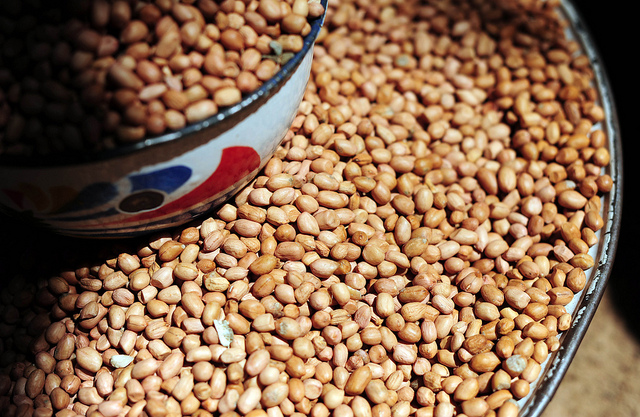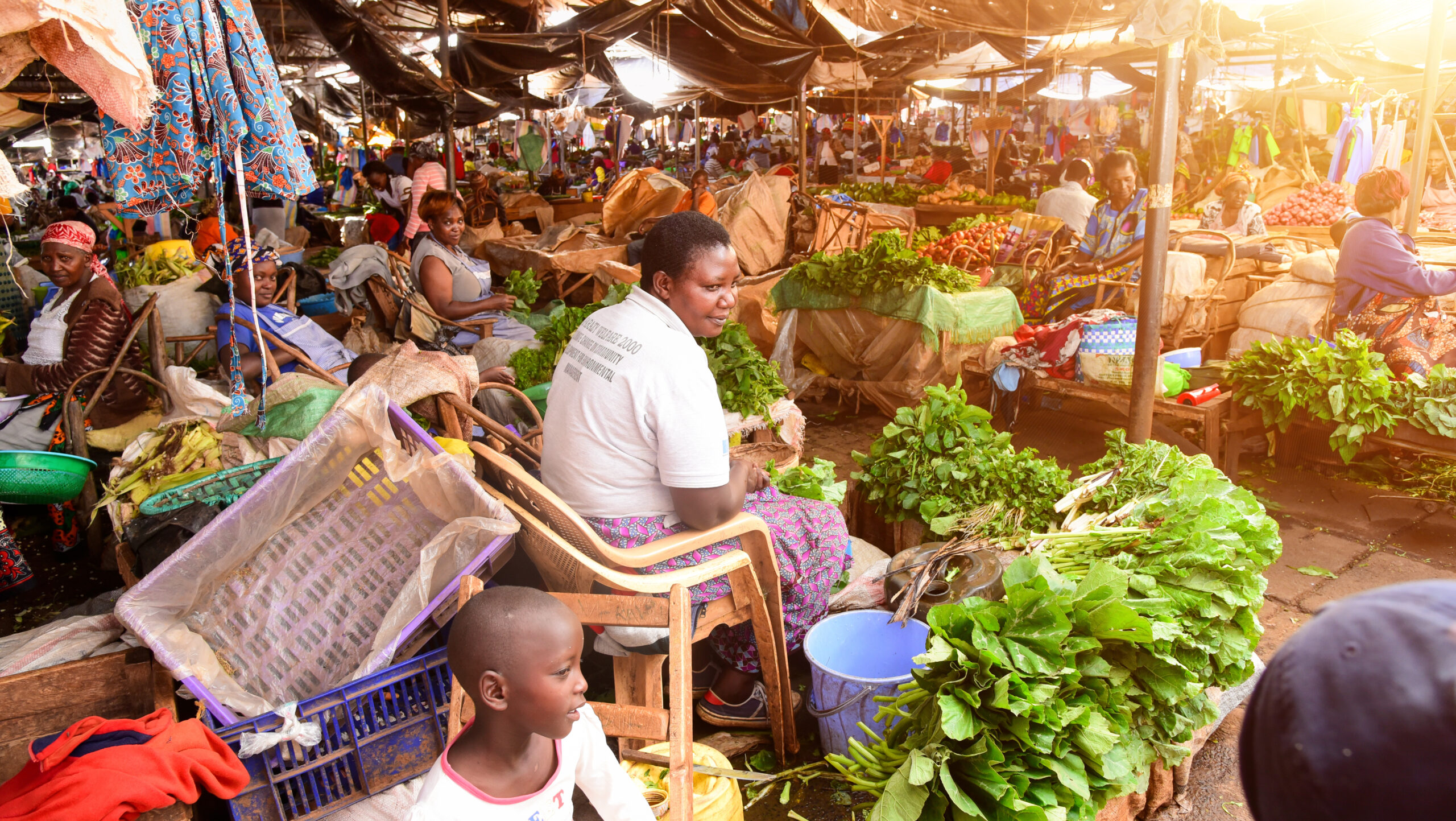Fungus-contaminated maize and groundnuts have been identified as the culprit for more than 40 percent of the disease burden in developing countries. Serious health concerns such as hepatitis and liver cancer have been linked to chronic exposure to aflatoxins, which are carcinogens produced by the fungus Aspergillus flavus. Beyond the associated health risks, the contaminated crops also carry a high price tag, as they cannot be sold for export, costing African countries approximately US $670 million each year in lost sales to the European Union alone.
In their discussion paper, Strategies to Control Aflatoxin in Groundnut Value Chains, IFPRI senior research fellow Shashidhara Kolavalli and co-author Wojciech J. Florkowski of the University of Georgia take a close look at aflatoxin contamination in Ghana’s groundnut crop. While Ghana has established stringent regulations on aflatoxin contamination, the regulations are primarily enforced on commercial processing and the large informal sector is left mostly unregulated. In addition, while grading practices separate out contaminated kernels, the contaminated kernels don’t leave the food system – they are ground and sold. This poses a far-reaching threat, as approximately 80 percent of Ghanaians eat groundnuts at least once a week.
To identify sources of contamination and strategies to reduce it, the researchers tested groundnut samples and investigated farmers’ means of quality control. They also surveyed groundnut farmers, wholesalers, and cottage industry processors.
They found that prevention of aflatoxin contamination is challenging. Drought, disease, and insects increase vulnerability to contamination because farmers largely lack access to groundnut-specific fertilizers and herbicides. Groundnut storage is also problematic, as improper drying of nuts, combined with storage in jute or polyethylene bags in the home, promotes contamination—as does the reuse of bags from crop to crop. Processing is generally done on a small scale by women working part-time, rendering regulation difficult. Quality control of kernels is also lacking from both cottage processors and wholesalers; while the wholesalers do sort the kernels, the rejects are ground and then still sold. Conversely, in developed countries, stringent regulation practices ensure that contaminated material is removed from the food system entirely. Yet researchers have found that public awareness of the threat of aflatoxins pose is quite low in many developing countries.
Moving forward, the authors suggested two principal categories of action: a combination of both consumer-and regulation-driven activities:
- Consumer-driven: Building demand for products with low or no levels of contamination. This would require public education about the dangers of aflatoxins, as well as testing and labeling products. However, this channel will reach only a small fraction of the consumers.
- Regulation-driven: Encouraging innovations along the value chain to reduce contamination, such as the introduction of rapid, low-cost testing facilities.
- Since regulation is not feasible in poorer countries, innovative measures are necessary to remove contaminated kernels from the food system. The researchers suggested that the affected kernels be purchased to make safe products for the animal and poultry industries.
Related materials
- Strategies to Control Aflatoxin in Groundnut Value Chains (IFPRI Discussion Paper)
- Aflatoxins – finding solutions for improved food safety (2020 Focus Briefs)
- More publications from IFPRI eBrary







